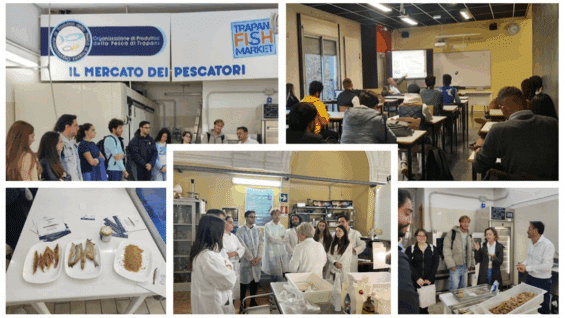Conclusions from the Estonian Pilot Region: Advancing Algae-Based Innovation in Saaremaa
The Estonian pilot region of the BlueRev project has demonstrated how local blue bioresources can be leveraged to support the development of circular, sustainable value chains. Building on existing capacities in Saaremaa, the pilot generated practical insights into regulatory, environmental, and market conditions that influence the viability of macroalgae-based innovation in the Baltic context.
A key area of focus was the development of sustainable business models for the cultivation and processing of Furcellaria lumbricalis, a native red algae. While traditionally harvested for furcellaran, a natural gelling agent, the pilot explored new applications, such as converting it into powdered form for cosmetic and biotech use, using it as a biostimulant, and valorising processing by-products as alternatives to plastic.
Collaboration between academia, SMEs, public authorities, and civil society stakeholders was central to the process. This multi-actor approach enabled the identification of critical barriers, including ecological constraints related to the low salinity and environmental condition of the Baltic Sea, complex permitting procedures, and limited investment access. In response, the pilot proposed integrated development models, including co-locating macroalgae cultivation with offshore wind infrastructure and expanding multitrophic aquaculture systems. The potential of social innovation was also explored as a driver of inclusive and adaptive solutions.
In parallel, the Estonian hub outlined a series of enabling actions required to scale algae-based value chains effectively. These include adapting vocational and higher education curricula to reflect emerging industry needs, simplifying regulatory processes, ensuring equitable resource access, and increasing public understanding of the ecological and cultural significance of local marine bioresources.
The outcomes of this work now serve as a reference for similar coastal regions across Europe seeking to scale algae-based solutions. By addressing not only technical feasibility but also systemic barriers—such as permitting, training, and public acceptance, the Estonian pilot reinforces the importance of cross-sector alignment in advancing the blue bioeconomy.




